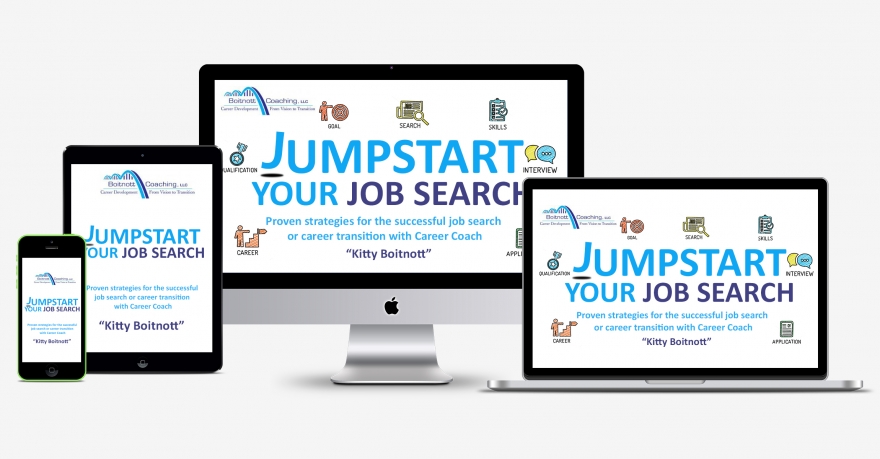We like to tell ourselves that we are good at multitasking. The truth is we aren't. Oh, you can try to do several things at once. But when you do, you will wind up doing everything poorly. If you have to go back and redo something, you have not gained any time (which is the point of multitasking). In fact, you've lost time because you have to go back and do it again. Preferably better this time.
We are not machines.
Our brains are marvelous organs, and they can do many fabulous things without our thinking about them at all. But we can't do multiple things at once and do them well.
Computers are good at it. But humans are not. In fact, multitasking stresses us out to the point of sometimes causing us to shut down altogether.

Now, it is possible that you may be able to get away with doing two things at the same time. But most tasks will require your full attention which makes it too difficult to do two things at the same time and do them well.
If you try to do two things at once with a hope of success, one of the activities needs to be done more or less automatically. For instance, if I am listening to a podcast, I can also take a walk or drive to the store. Walking and driving are things you can do fairly automatically and without concentrating.
But if I need to concentrate like when I am writing this newsletter or adding a blog post to my blog, I need to give writing my full attention. No podcast. No TV. Sometimes I will listen to a soft background sound like that which is offered by Focus@Will. I find that music helpful, and I seem to concentrate well with it softly in the background. But that is the limit of my multitasking ability, I am afraid.
Even computers only imitate multitasking.
It is true that computers can handle many tasks that are set for them, and they do them very quickly. But they also do everything in a very systematic way. The truth is that computers only seem to be multitasking. It appears to us to be doing multiple things at once. But the computer is actually handling each task one at a time--it's just doing it all very fast, so it seems simultaneous.
You can use computers to do many tasks, and that can help you get more done in less time.
But, you still will need to manage your time.
Another problem we have with multitasking is that we can’t keep our minds from wandering off in different directions. We become bored when doing routine tasks, and our attention and focus falter. You may even forget what you were doing. This tendency often requires you to retrace your steps to figure out what you may have missed. Ever walked into a room and wondered why you went there? You knew you were going for something but all of a sudden, your mind is blank. I know I am not the only one that has ever done that.

Now, why did I come into this room?
It is possible to come up with a system for yourself.
If you need to juggle multiple projects at once, you may want to create a way to handle them one at a time. Create a system that works for you.
Write down where you left off, for example, so you can do something else and come back to what you were doing later and pick up right where you stopped instead of retracing steps. Do this sparingly, however. Research shows that the more tasks you try to do this with, the harder it will be to manage in the long run. In fact, some studies suggest that multitasking can temporarily lower your IQ by up to 15 points.
Now, I know that the situation gets complicated when your manager or supervisor at work expects you to get multiple tasks done quickly. Managers don’t seem to take into account the amount of time that is needed for specific tasks. If this is your situation, try to find ways to delegate. You may even be able to convince management to outsource some aspects of your job. More companies are implementing this as it is quite cost-effective.
There are some challenges when doing this, of course. You may need to manage resources and deal with the company's trade secrets, etc. You can make this work, though. And it can be a tremendous productivity booster.
Here is the bottom line, though...
Your focus will improve if you can keep your tasks to one item at a time.
You may need to determine the critical paths of the projects you are responsible for. Show your manager that you get higher quality work complete by working on tasks one at a time. By doing that you may be able to convince him or her this is a better approach.
No one wishes that we could multitask well more than I do. I am guilty of trying to juggle several things at once. But I have learned the hard way that when I do that, the quality of my work suffers. Yours will too.
If you don't believe me about this, or you are a Millenial who has bought into the myth that Millennials can multitask even though the rest of us can't, you might want to think again. Get a load of this quote from an article from Forbes.com about the Millenial Workforce:
"The U.S. Chamber of Commerce reports that multitasking is rewiring our brains, enabling “multiple tasks to be processed in more rapid succession.” As our brains adapt to task management, we lose “our ability to think deeply and creatively,” Nicholas Carr writes in The Shallows. The better we get at multitasking, the worse we get at creative problem-solving. Summing the research, Carr explains that multitaskers are 'more likely to rely on conventional ideas and solutions rather than challenging them with original lines of thought.'”
Think about that for a moment.
Given that we have gotten this far in our evolution by creative problem-solving, it seems to me that losing that ability is problematic for the future of our species. We need to be mindful of the fact that while technology and the Internet have been marvelous tools that we have loved to use in the last 20 years, they are dangerous if they prevent us from being uniquely human in our ability to problem solve, not to mention if it interferes with our need for human connection.
I guess what I am saying is that perhaps it is time for us all to slow down a bit. Forget trying to be superhuman. You only overload your brain and system with multitasking. Take it slower. Do one thing at a time and concentrate on doing that one thing well. I believe the effort will pay off in the end.
Until next time.
P.S.
Before you go, let me ask you a question. Are you happy with your current job? Do you feel like you are doing what you were meant to do?
If not, and if you have been thinking that it might be time to make a change but you aren't sure where to start, consider this offer.
I have a program that is a "Starter Program"--the first two modules of the larger, "Work You Love Academy" which is my signature course.
The "Starter Program" helps you answer the question, "What now?"
If you don't want to do what you are doing now for the next 10, 15 or 25 years, do you know what you might want to do instead?
Most people don't. In fact, 99% of the people I talk to know what they DON'T want to do anymore but don't have any idea what they would like to do.
If that sounds like you, you may want to take advantage of a special deal I am offering this next week through Monday, May 7th.
The "Starter Program" is normally $197. I am offering it this next week for only $97.
Interested? If so, click on this link, and learn more: https://kittyboitnott.lpages.co/starter-program-to-jumpstart-your-job-search/
